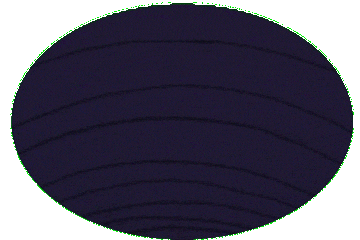Portugal
Portugal, officially the Portuguese Republic, is a country on the Iberian Peninsula in Southwestern Europe. It is a unitary republic made up by mainland Portugal and two autonomous regions, with Lisbon as both its capital and largest city. The mainland is bordered by Spain to the north and east, with Madeira and the Azores in the Atlantic Ocean. It features the westernmost point in continental Europe. The western Iberian Peninsula has been inhabited since prehistory, with the earliest signs of settlement dating to 5500 BC. Muslims invaded the Iberian Peninsula in the 8th century, but were gradually expelled during the Reconquista. Portugal was established during this period, initially as a county of the Kingdom of León in 868, and formally as a kingdom in 1179. It later became one of the main participants of the Age of Discovery, made several seminal advancements in nautical science and was among the first European countries to explore and discover new territories and sea routes, establishing settlements, colonies, and trading posts. After it became a republic in 1910, Portugal lived under dictatorship from 1926 until its overthrow in 1974 enabling the full establishment of democracy in 1976. Portugal is a semi-presidential constitutional unitary republic and multi-party representative democracy with four separate sovereignty bodies: president, government, parliament, and judiciary. It has a unicameral national legislature known as the Assembly of the Republic. Portugal has developed a complex system to manage its territory, even though the mainland continues to remain highly centralized. It is a developed country with an advanced economy relying chiefly upon services, industry, and tourism. Shaped by the various civilisations that have crossed its territory, it has developed a specific culture with a vast influence that allowed Portuguese to become the world's fifth-most spoken native language with more than 250 million native speakers. Portugal is a member of the United Nations, European Union, Schengen Area, and Council of Europe, and one of the founding members of NATO, the eurozone, the OECD, and the Community of Portuguese Language Countries.
This article uses material from the Wikipedia article "Portugal", which is released under the Creative Commons Attribution-Share-Alike License 3.0.
References
| Title | Summary | |
|---|---|---|
| Don't Leave Me (performed by Perry Como) | ... called "It's Impossible" in Portugal (RCA TP-678). ... | |












